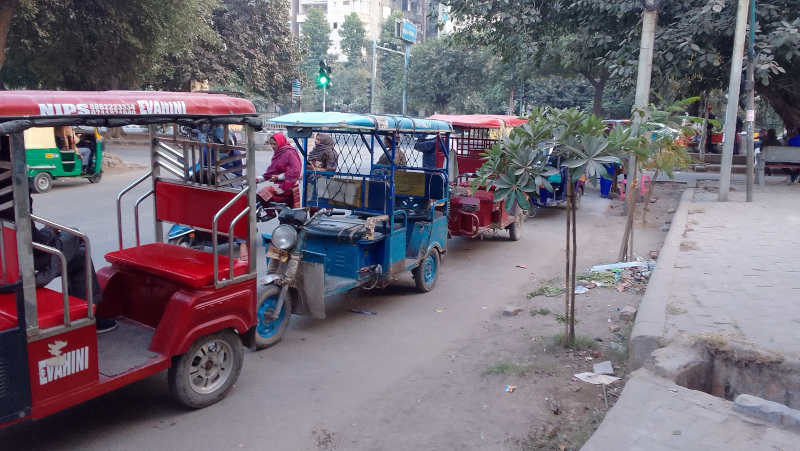
ITU Metaverse Solutions to Improve the Quality of Life in Cities
The new initiative launched at the event builds on the work of ITU’s Focus Group on metaverse.
A global initiative for virtual worlds to support sustainable development and enhance city life was announced today (June 14) at the first UN Virtual Worlds Day at ITU headquarters in Geneva, Switzerland.
The Global Initiative on Virtual Worlds – Discovering the CitiVerse will define norms and principles to guide the governance of metaverse solutions in cities for areas such as urban planning, education, and municipal services.
Led by the International Telecommunication Union (ITU), the UN International Computing Centre (UNICC) and Digital Dubai, the initiative will drive capacity development, facilitate sharing of best practices, and develop a sandbox environment for cities to simulate virtual world scenarios.
“By harnessing the transformative power of virtual worlds, we can accelerate progress on the UN Sustainable Development Goals,” said ITU Secretary-General Doreen Bogdan-Martin. “The virtual worlds initiative is an essential step on the path of metaverse innovation that can enrich the lives of people in cities around the world.”
UN Virtual Worlds Day highlights the transformative power of virtual worlds, including the metaverse and spatial computing, to accelerate the achievement of the UN Sustainable Development Goals (SDGs).
The new initiative launched at the event builds on the work of ITU’s Focus Group on metaverse, which has laid the groundwork for international standards to support an open, inclusive metaverse that drives progress towards the SDGs.
Established in late 2022, the focus group has identified compelling opportunities for the metaverse to support smart cities. In urban planning and management, city leaders could simulate their innovations before implementation at scale. A virtual city space can also advance education and training, improve access to public services, and support participatory governance.
The Global Initiative on Virtual Worlds will complement the work of ITU’s standardization expert group for the Internet of Things and smart cities and communities, ITU-T Study Group 20. It will also work alongside United for Smart Sustainable Cities, a UN initiative supported by ITU together with 19 UN partners.
The initiative rests on three pillars that will bring the CitiVerse from concept to community:
Bringing the CitiVerse to Life: Developing expert guidance, raising awareness around CitiVerse opportunities and challenges, and developing and adopting key performance indicators.
Connecting Cities with the Virtual and Real Worlds: Advancing cities’ integration of emerging technologies, curating CitiVerse use cases, and developing a sandbox environment and related technical tools.
Tunneling the CitiVerse: Fostering a community of practice to encourage collaboration among cities, organizing urban problem-solving competitions, and implementing training programmes to boost CitiVerse expertise.
The launch of Global Initiative on Virtual Worlds – Discovering the CitiVerse, comes alongside a new UN Executive Briefing developed by ITU, the UN Agency for Digital Technologies, together with 17 UN partners, on the relevance of virtual worlds and the metaverse to the SDGs.
The UN Executive Briefing also stresses the essential factors – such as responsible technology governance, ethical considerations, and privacy and security concerns – that need to be addressed to ensure that the benefits of virtual worlds are fully realized.
Courtesy: ITU